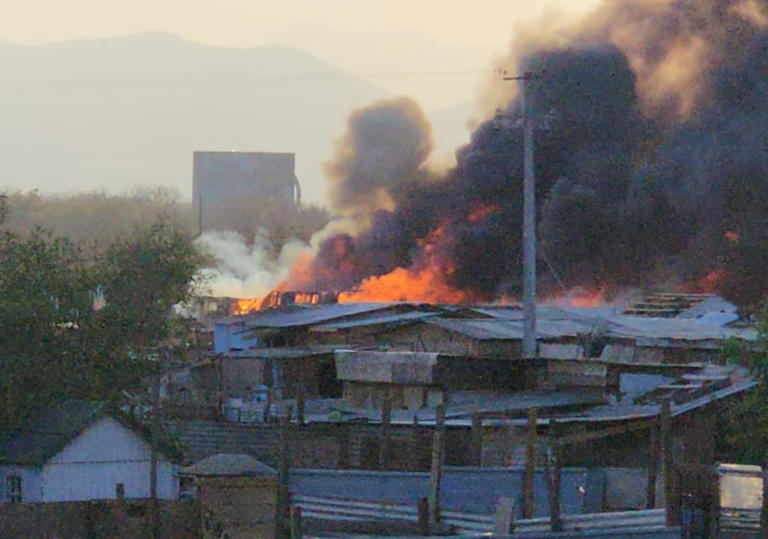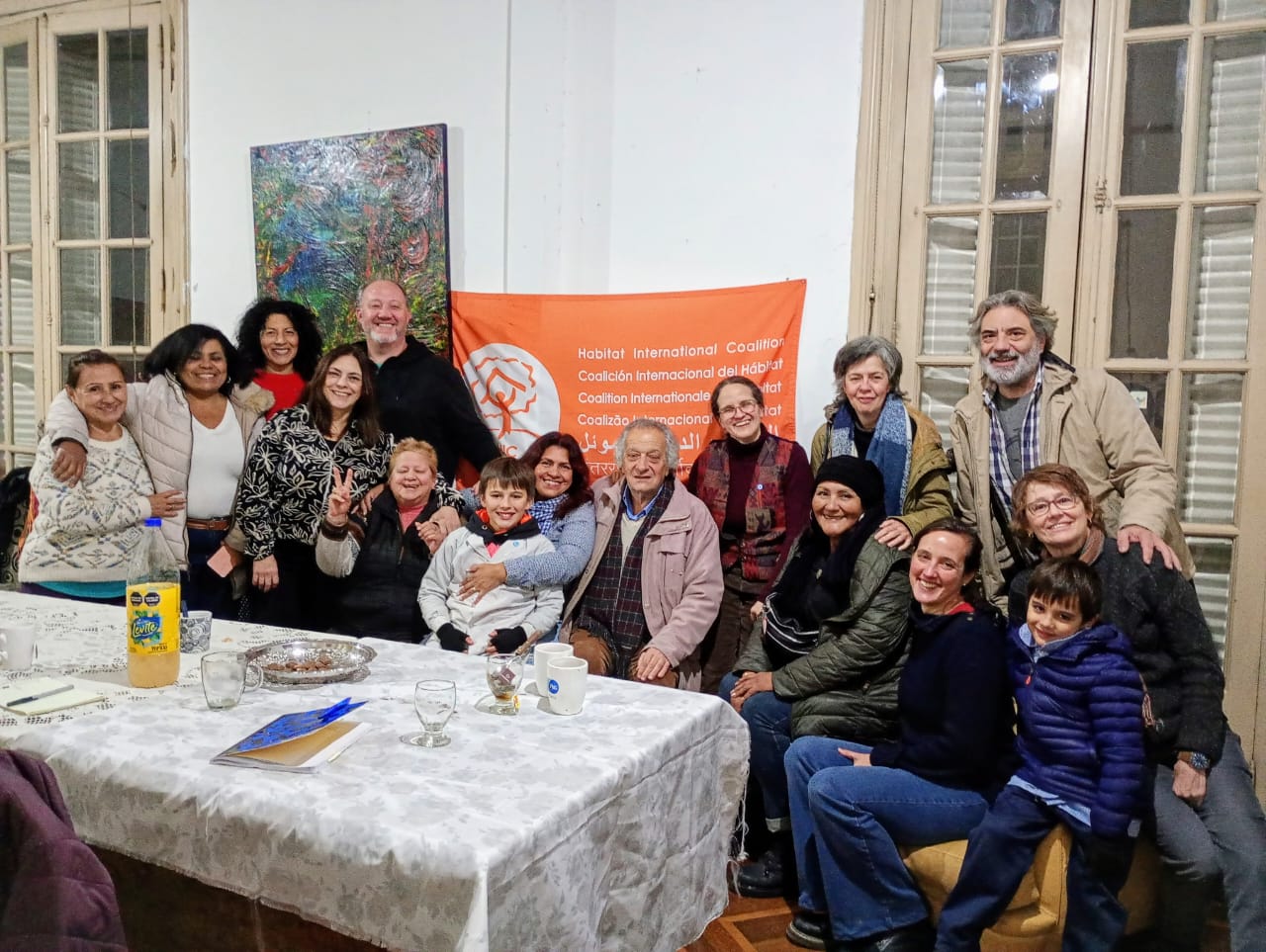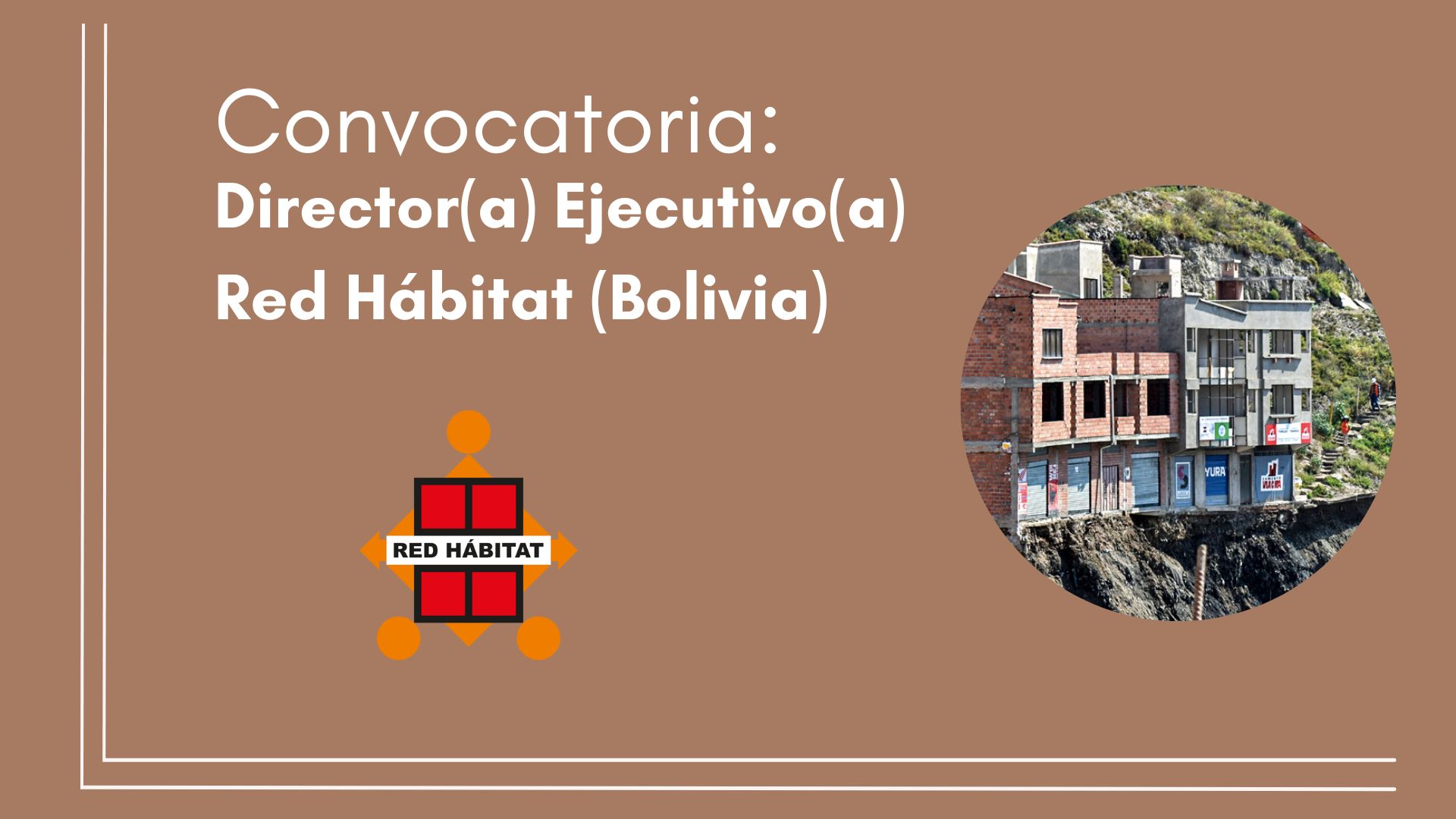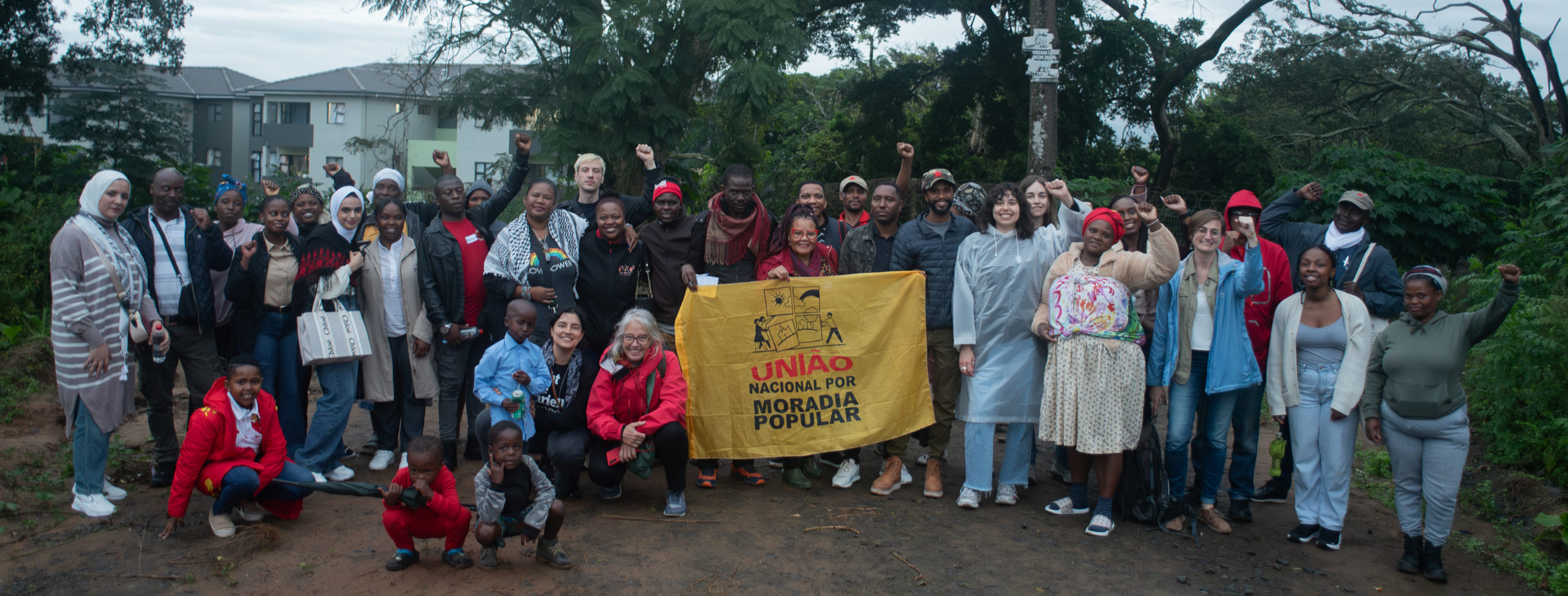From HIC we strongly condemn together with HIC AL the forced eviction of 200 families from the Toma 17 de Mayo in the commune of Cerro Navia, Chile.
La Toma 17 de Mayo is an encampment established in 2019, made up of mostly Chilean families from the Cerro Navia area, who are looking for a place to live in the face of the deficit of more than 650,000 homes in that country. Today, 17 May, the Toma was to celebrate 5 years of occupation which, unfortunately, does not indicate a change of status of possession in the Chilean legal framework.
The Supreme Court confirmed the eviction order in October 2023 and instructed coordination between governmental and municipal bodies to reach transitional solutions within 6 months. The deadline expired on 24 April, with various solidarity demonstrations in the Toma and in different parts of the country, demanding a halt to the threatened eviction.
Meanwhile, the negotiation table between the government and the Toma 17 de Mayo stalled and failed to clarify the conditions of the transitional settlement. Despite 45 meetings with the Government Delegation, the Ministry of Social Development and the Ministry of Housing, the Municipality and other key actors, the state did not agree to mediate with the owner of the land so that the transition could take place there and, at the same time, the owner could initiate important road connection works.
In the early hours of Thursday 16 May (one day short of the fifth anniversary) around 100 troops violently stormed the camp with tear gas, corralling the families to the perimeter, and began destroying 200 houses with backhoes.





